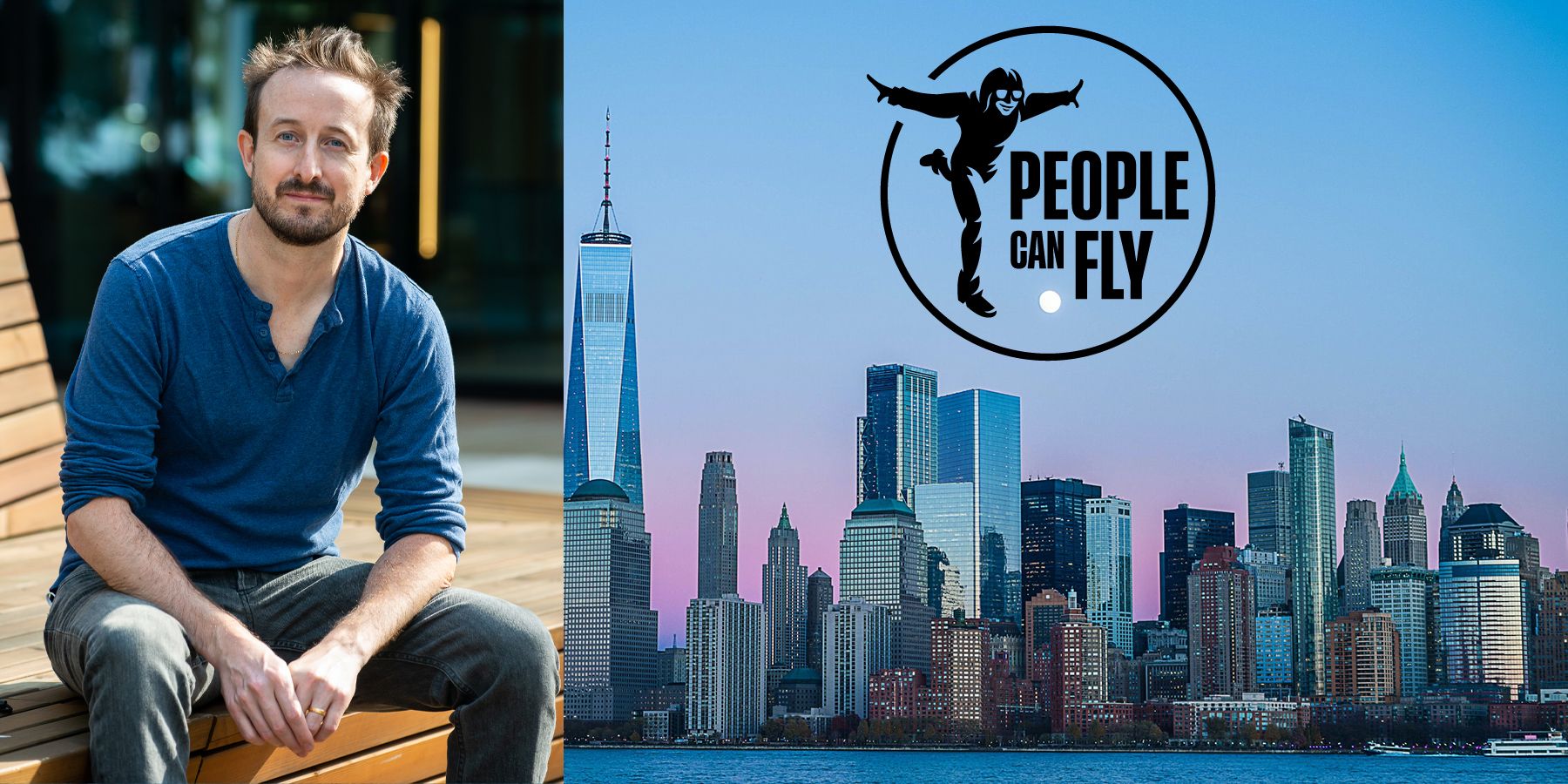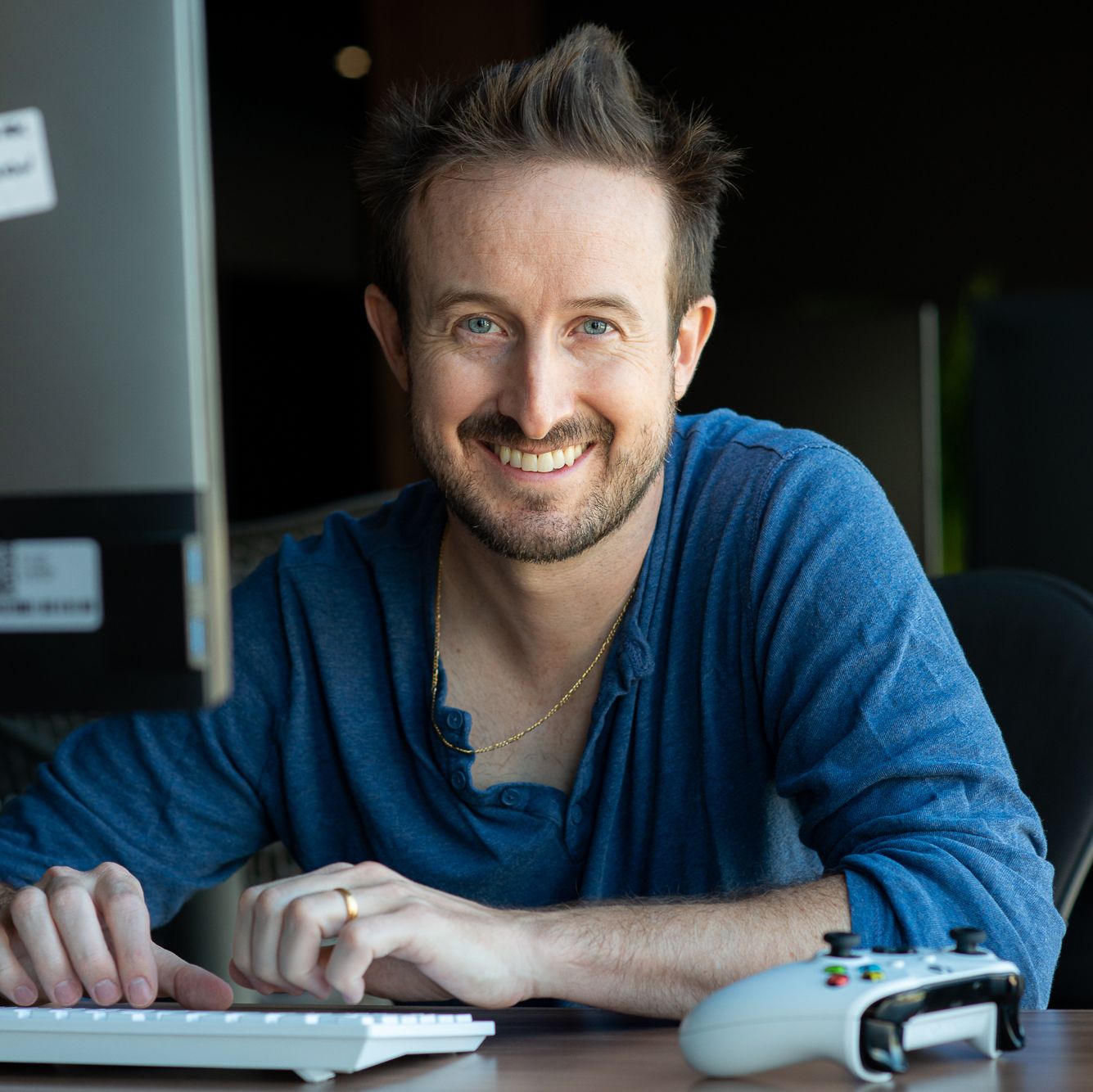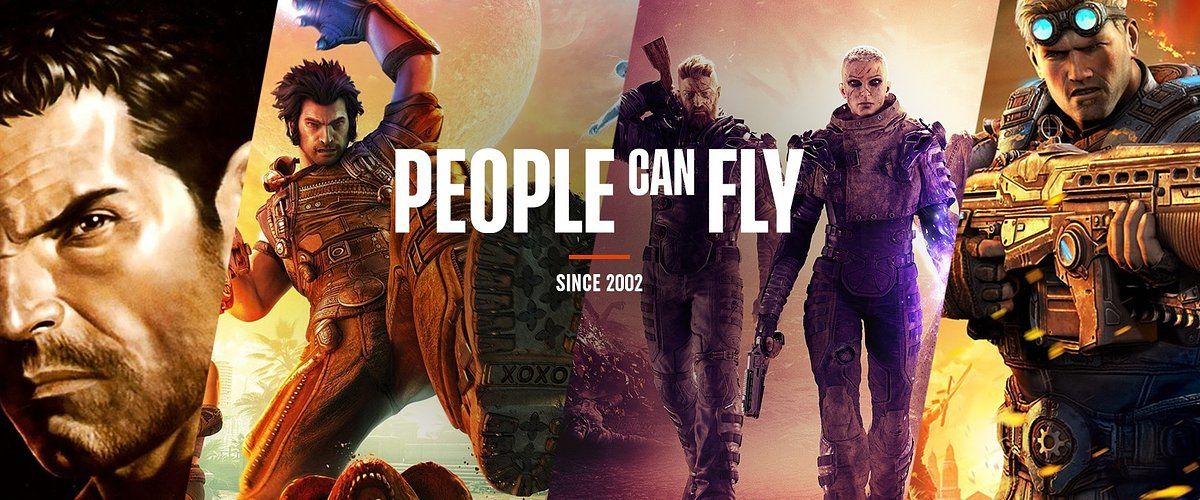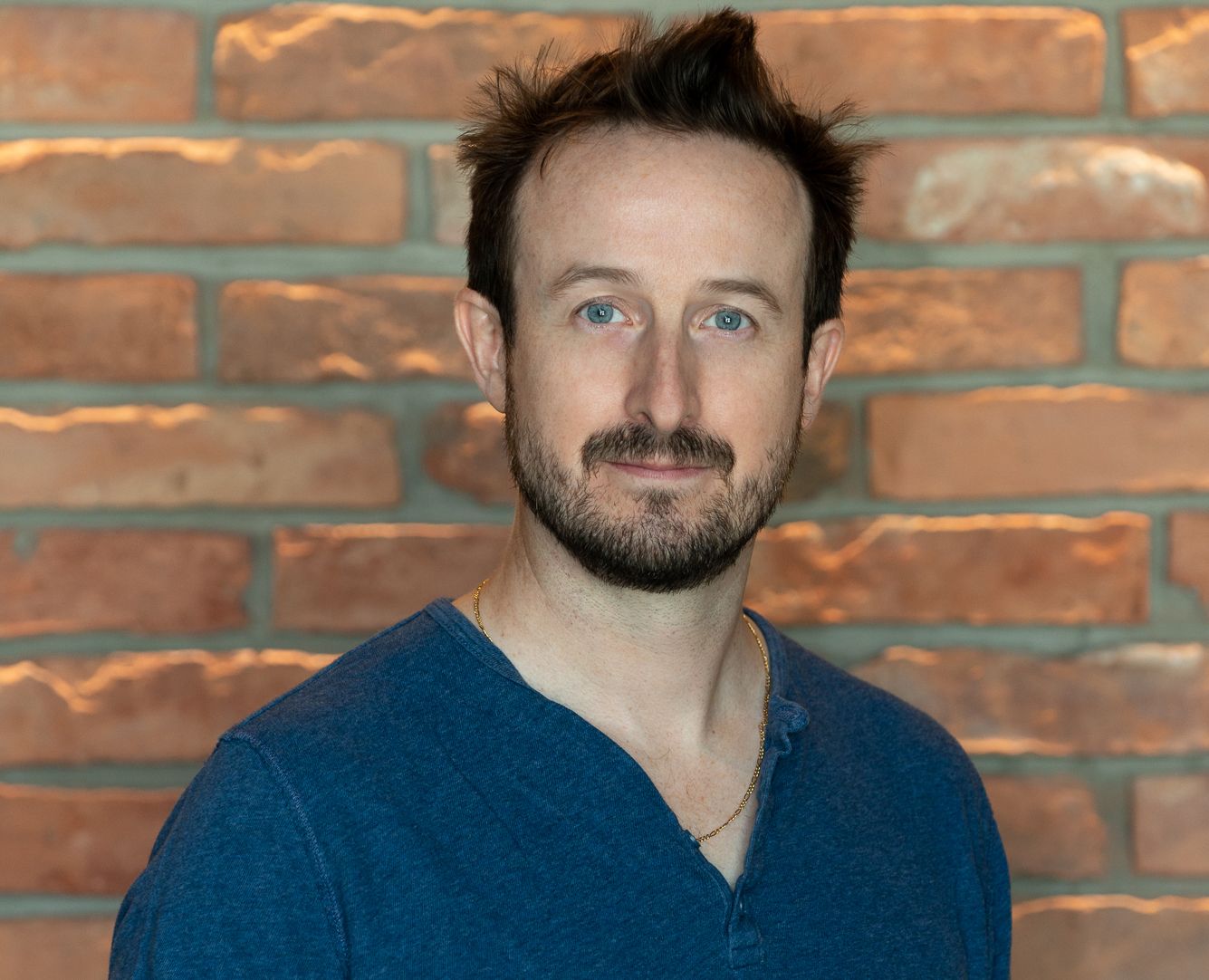Oftentimes, it’s hard to really know the names and faces behind some of the greatest games in the industry. There are some names out there that are instantly recognizable like Hideo Kojima, Cory Barlog, Ed Boon, and Shigeru Miyamoto, but by and large, there are thousands of developers out there making all the games everyone knows and loves. One name worth knowing, however, is Roland Lesterlin who directs People Can Fly’s Project Dagger and serves as executive producer at the company’s New York Studio.
In the past, Lesterlin has worked at gaming-focused companies such as Blue Eye Pictures, Atari, Avalanche Studios, Defiant Studios, and now People Can Fly New York. Most may know of Lesterlin from his work on Just Cause 3, and now he’s working on Project Dagger for PCF—a game he says will “surprise” people. Game ZXC recently had a chance to speak with Lesterlin, as well as People Can Fly Canada’s Sam Girardin and CEO Sebastian Wojciechowski, about a variety of topics in this series of interviews.
People Can Fly New York – Roland Lesterlin
Behind every game designer and developer, notably, is a gamer at heart. Lesterlin describes PlayStation as his favorite platform, though he enjoys Game Pass on Xbox as well. Some of his favorite games include Mario 64, Golden Eye, Red Dead Redemption, Half-Life 2, and more recently, games like Deathloop and Hades. His most anticipated games of 2022 include Starfield, Horizon Forbidden West, God of War: Ragnarok, and Zelda: Breath of the Wild 2.
Where People Can Fly and Roland Lesterlin most align is the eye on the future, of new IPs, and big games. As Lesterlin himself put it, “one of the major reasons I was excited to join PCF was this pursuit of original properties, which is pretty rare in our industry these days.” Indeed, this is because new IPs tend to be riskier than remasters and sequels.
This advancement of new games is in the DNA of the company, as PCF’s creative director Bartek Kmita once commented on his confidence in People Can Fly’s latest new IP, Outriders. Oftentimes, people will complain about the lack of new games in the industry, as well as the current role of remasters and remakes in the industry, but Lesterlin and all of PCF are devoted to new IPs and big games on top of that.
New IPs and big games truly go hand-in-hand, and as Lesterlin said, “I love making big games, I really do. It’s in my DNA.” This is always a starting point, too. Some of the biggest and most popular IPs today were once new IPs and big games, such as Half-Life, Red Dead, and other games like The Last of Us 2. What Project Dagger is exactly remains to be seen, but fans can expect People Can Fly’s AAA quality and approach, a brand new IP, and a big game out of this.
That’s not to discredit all remasters though. Lesterlin is quite fond of them, with a certain condition:
“I think people seeing a remaster allows some of the great ideas that have been made to be played again, by a new group of gamers, and hopefully inspire people to want to make games themselves or explore the gaming industry in general. Just because they didn't look as good 25 years ago, doesn’t mean there weren’t still some pretty awesome ideas out there. So, I guess I'm for remasters, as long as we don't forget that making new things is critically important.”
People Can Fly New York – Project Dagger
Many may be curious about PCF New York’s current game, which is only known as Project Dagger. Obviously, with the game nowhere near release quite yet, there’s not much known or that could be said about it. What is publicly available information is that Project Dagger is an action-adventure title, currently set for release in 2024. Take-Two Interactive, parent company of Red Dead and Grand Theft Auto’s Rockstar Games, will also be publishing Project Dagger. And while New York is heralding the project, both the Montreal and Chicago studios are leveraging their expertise on it as well.
On Project Dagger specifically, Lesterlin could only comment that there is a lot of knowledge from PCF being leveraged on the game and that the company as a whole wants to make high-quality games across the board. With Project Dagger, Lesterlin says, “I think we're going to surprise people, and I think that it's going to be an exciting game once we, one day, get to actually talk about it.”
CEO Sebastian Wojciechowski, on this topic, also said: “Project Dagger is an action-adventure game, which shows our readiness for the exploration of ideas distinct from our previous games.” People Can Fly, as a whole, has a history in shooter video games, so this marks a distinct turn that may very well show off the diversity of the company.
People Can Fly New York – Open Communication and Collaboration
Of course, at the end of the day, Lesterlin is just one name working at People Can Fly New York, and it’s not just one studio when it comes to People Can Fly. The North American People Can Fly studios, located in New York, Montreal, and Chicago, as well as European studios all work closely together, and in terms of that collaboration, Lesterlin says “it’s honestly hard to tell the difference” between studios. There are leads all over the world too, not just in these cities, and so there’s a lot of constant work with these other parties.
This obviously also leads to a boost in reputation for People Can Fly in North America. Lesterlin describes the games industry as huge from a money standpoint but not as huge when it comes to people, so “word travels fast if you’re not a good place to work…It feels pretty cool that I'm hearing feedback from people we're hiring that "oh, I've heard from my friend who heard from so and so that this is really great." Then they come on board and they feel that continue.”
Interestingly too, Lesterlin mentioned that People Can Fly offers language classes, and while English is the company’s primary language used worldwide, there are Polish classes and other sorts so everyone can understand each other. Such a move highlights how open and honest the company is, as there have been reports in all industries all over the world about how different languages within a company can lead to miscommunications, harassment, and the like. It’s a small thing, sure, but it’s a small thing that matters in bridging the company’s worldwide identity.
As a creative lead in this greater United Studios of People Can Fly family, especially as many PCF workers are still remote due to the pandemic, Lesterlin describes his role as follows:
Being a creative lead, you want to look at everything, but with people distributed, you don't have time to see everything. And so it means you have to pass some of that creative decision-making to individual developers and let them really own their feature and push it. So, that created an organization where people are really honest with each other with great feedback loops, while being very respectful. We all know how hard it is to work from home, families in the background, and we want to make sure that we're getting the most creativity and curiosity possible, which means listening to them and adjusting.
This works beyond just New York and Montreal too, including the ex-Phosphor and now PCF Chicago team. With bringing in Chicago, it not only gave the ex-Phosphor group more stability and bigger projects to work on, but PCF jumped straight to leveraging Chicago’s know-how, as Lesterlin described the experience as adding a new level of “expertise to the Dagger team because they've had a lot of experience with Unreal for a long period of time. That helped us across all of our tool chains and ideas…Suddenly, the next day [following the employment of ex-Phosphor], I have a whole new group of awesome developers ready to get started.”
Of People Can Fly New York and PCF as a whole, Lesterlin says, “I think, underlining it, there's an identity of being open, honest, curious, and compassionate with people who want our differences to be positive. We all make games for a living; we're so lucky that we have this job already. At the end of the day, we're trying to make something that brings a player joy.”
People Can Fly is working on Outriders, Project Dagger, Project Gemini, and a new self-published project.
Image Credit: New York Photo by Jonathan Roger on Unsplash, Assets from People Can Fly







